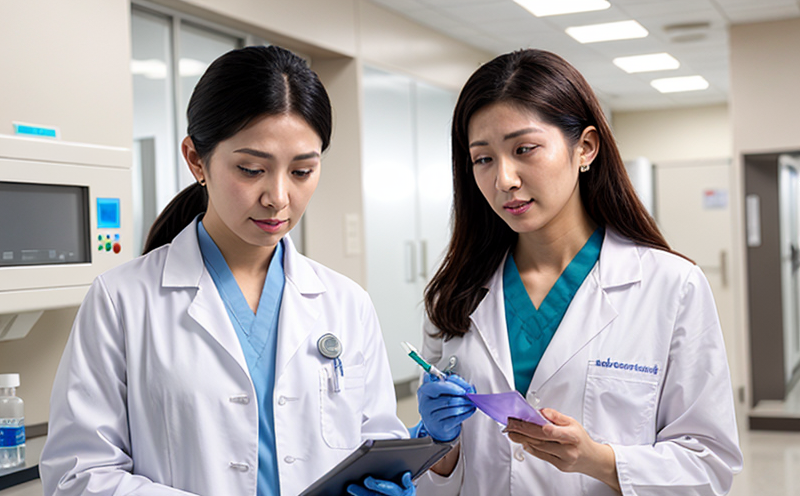JP Residual Solvent Testing of Biologics
The Japanese Pharmacopoeia (JP) is a critical reference in the pharmaceutical industry. It sets stringent standards for drug quality, safety, and efficacy. Among its many requirements, residual solvent testing plays a crucial role, especially within biopharmaceutical and biosimilar products. This service focuses on the comprehensive analysis of residual solvents in biologics as per the Japanese Pharmacopoeia.
Biologics are complex protein-based drugs that include monoclonal antibodies (mAbs), fusion proteins, and other large molecule therapeutics. These products often require extensive processing steps involving various organic solvents for their production, purification, and formulation. The presence of trace amounts of residual solvents can potentially impact the safety and efficacy of biologics. Therefore, rigorous testing is essential to ensure compliance with regulatory requirements.
The Japanese Pharmacopoeia provides detailed guidelines on how to conduct this testing. It specifies the use of validated analytical methods that are capable of detecting even trace levels of residual solvents. The most common techniques employed include gas chromatography (GC) and high-performance liquid chromatography (HPLC). These methods ensure accurate quantification and identification, which is critical for meeting regulatory standards.
The testing process begins with the careful selection of appropriate samples that represent the final product or intermediate stages. Proper sample preparation involves dissolution in solvents compatible with the analytical method chosen. This step ensures that all residual solvents are effectively extracted without introducing any contamination. Once prepared, the samples undergo analysis using a validated GC-HID (Hydrogen火焰





